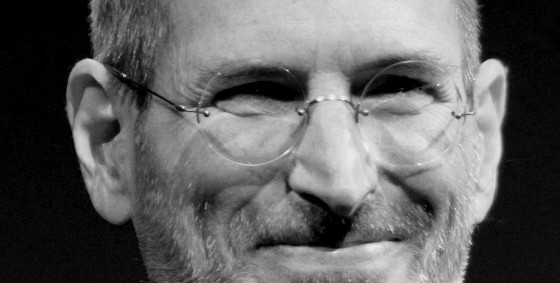
While we are collectively freaking out over the Trump’s White House use of Alternative Facts, these kinds of “facts” have been floating around in medicine (and politics) for a long time. And it is instructive to take a look at how we as a society have been dealing with Alternative Facts in Medicine and what damage these “facts” have wrought on us individually and collectively. I propose the following formula for how Alternative Facts come to be: Desperate Need + Greed = Alternative Fact Medical Myths: Beliefs Based on Outdated Science To start, allow me to refresh your memory, for our history is full of myths when it comes to our heath and our diseases. Let’s begin with a bit of bloodletting. Bloodletting is almost as old as our civilization. Thousands of years ago (that’s thousands, with three zeros!), a healer’s first choice of treatment was to let out the “excess” blood from a patient. Be it a migraine, an infection, or a virus, a person who was probably too sick to object was cut with a lancet or some other easily available tool and weakened even further via blood loss. The Greek physician Erasistratus believed all illnesses were due…





